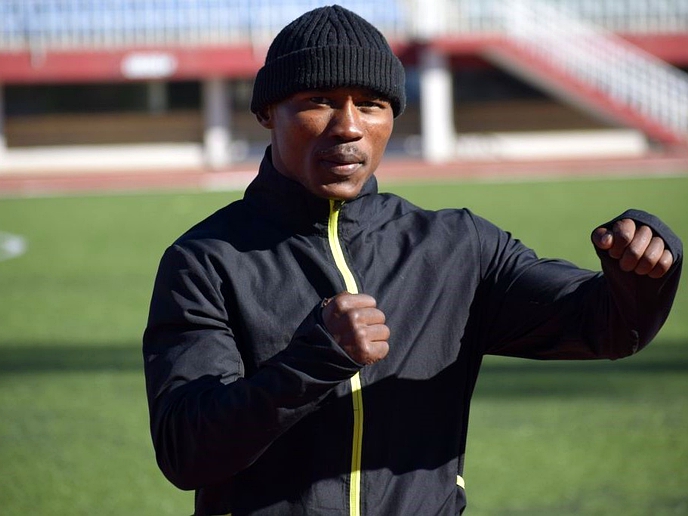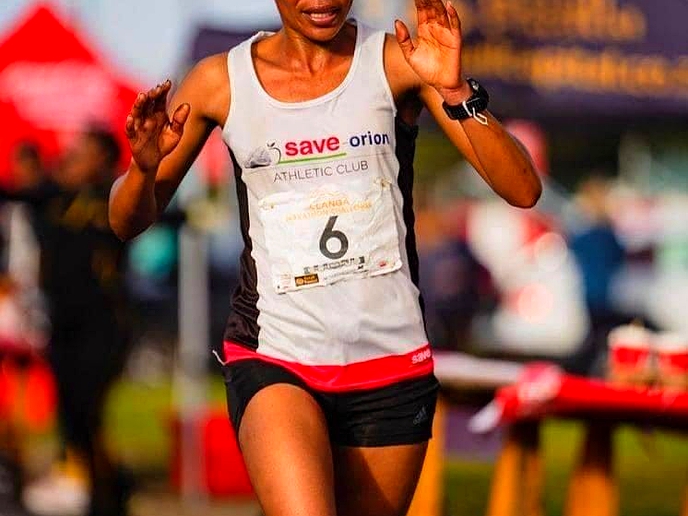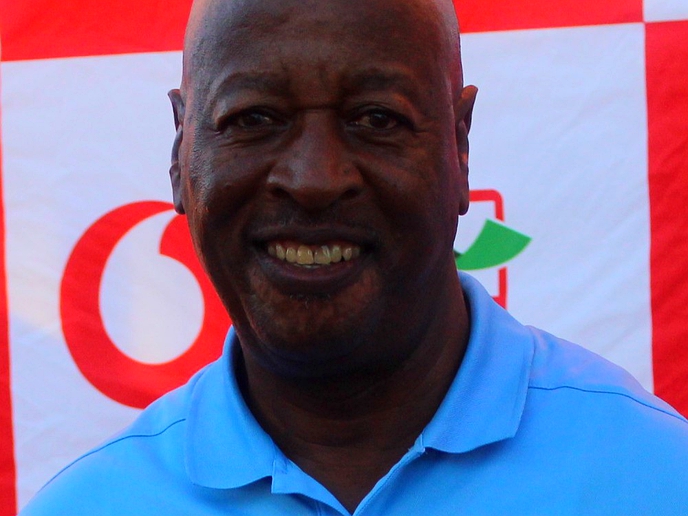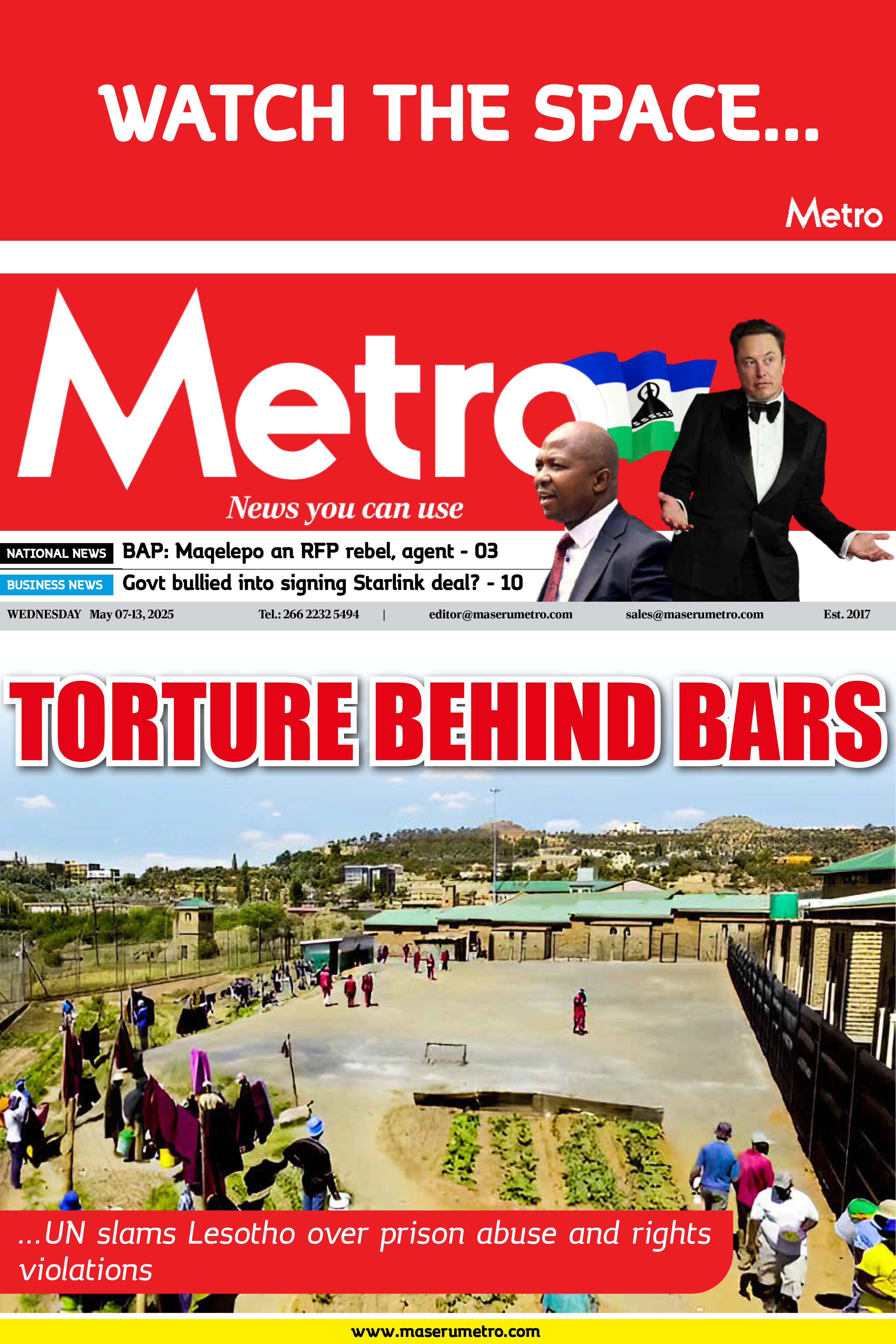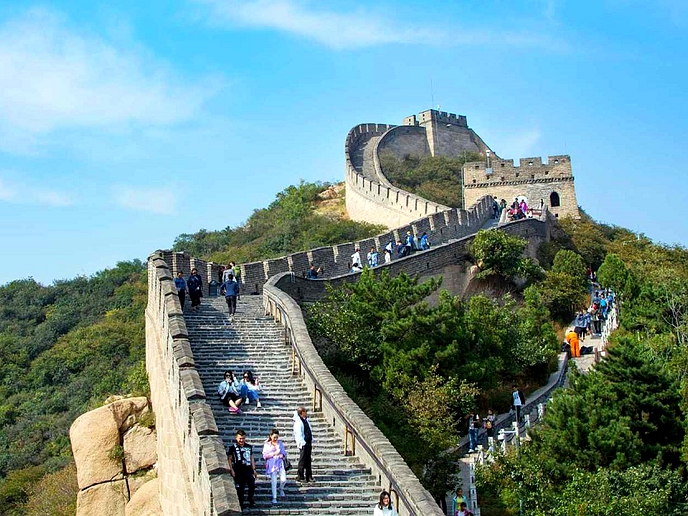LOCAL taekwondo veteran, Sam Mphaka is confident that the contested interim committee will be able to permanently transform the once-regimented sport.
sports
Nov. 1, 2023
NTHAKO MAJORO
8 min read
Mphaka positive about solving taekwondo conflicts
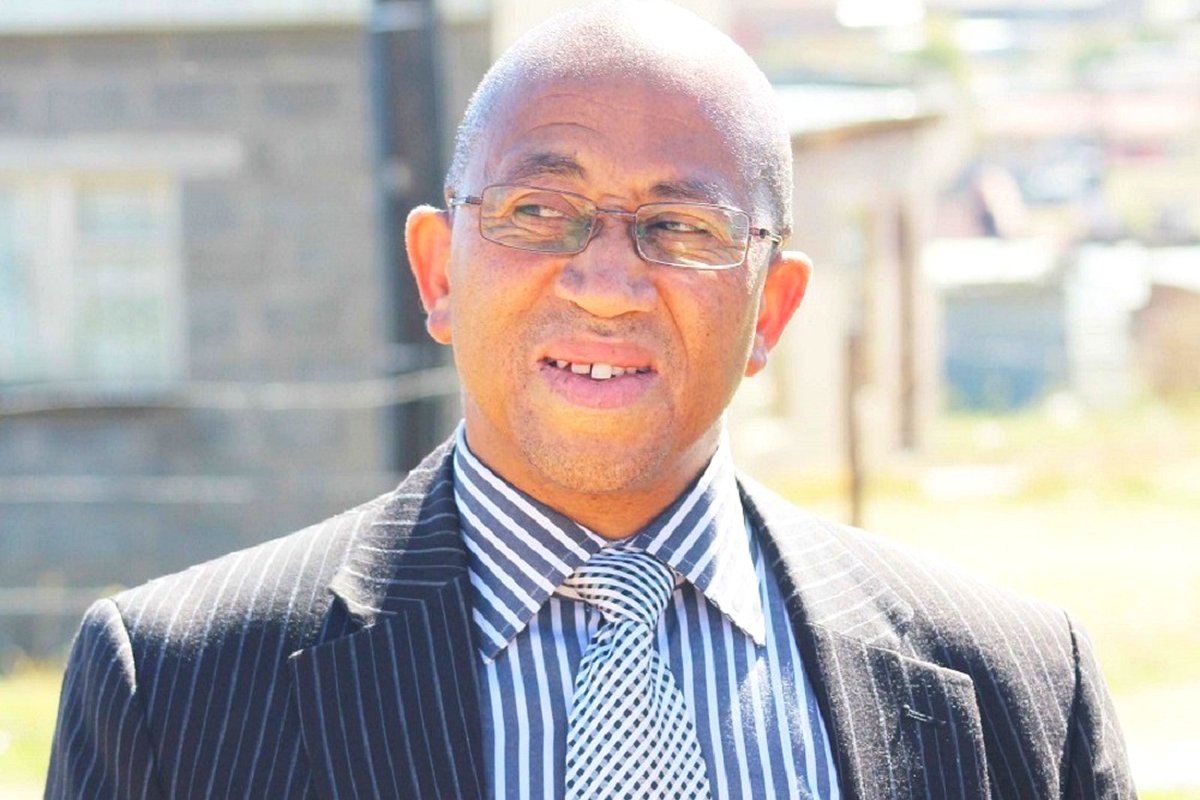
Taekwondo veteran, Sam Mphaka
Story highlights
Mphaka is the former Vice President of Finance and Treasurer of the Lesotho Taekwondo Association (LTA).
He is one of the local taekwondo gurus who have been recalled from retirement to serve in the disputed interim committee following the suspension of the LTA executive committee by both the Lesotho Sport and Recreation Commission (LSRC) and the Lesotho National Olympic Committee (LNOC).
A chartered accountant by profession, Mphaka serves as the Vice President of the Taekwondo interim committee, which is led by Naha Kolisang, the former LTA President.
He is also the former Vice President of Finance for both LSRC and LNOC.
He previously served as treasurer for the then-Lesotho Sports Council, which is now LSRC.
The LTA executive committee was suspended following a long-lasting squabble between the former and the then-current LTA administrators over the legitimacy of certain clubs as the association was about to hold an elective conference.
Following some individuals and clubs turning to the legal system, there were multiple instances of LTA elective conferences being called off at the last minute due to court rulings.
As if that was not enough, the suspended LTA executive committee members had never recognised the interim committee and have since filed a lawsuit in the High Court questioning the latter committee’s legitimacy.
Mphaka said the conflict, which started about two years ago and resulted in the resignation of then LTA President Moorosane Nkesi and other members, contributed to the decline of sports in the country.
“There was a time when the standard of taekwondo had declined in the country, but the situation is worse than ever since the conflict,” said Mphaka in an exclusive interview with Public Eye on Monday this week.
“This is despite the fact that we still have good players, the most recent example being the youngsters who were marvellous to watch during the Maseru Youth Games, which were recently held by both LNOC and LSRC.”
He further said, “I think our problem is the administration, and that is where we have to put things right before it is too late.”
Mphaka, who is also the chairman of the governance and administration commission under the same LTA interim committee, said they were doing all they could to find a final resolution to the ongoing disagreements.
He said he and the other four members currently serving in the interim committee were not supposed to be serving in any taekwondo committee since all of them were retired LTA executive committee members.
“To be honest, people like me should not have come back to the administration of the game because we have done it before and have since passed the baton to the people whom we groomed.
“But here we are. We had to come back in order to pave the way towards turning the administration of the sport around and then leave.
“The LTA interim committee took the reins six months ago and will serve in the office until September next year.
“We are indeed willing to work hard to pave the way towards the good administration of the game because of the conflicts.
“We don’t deny that the world is picking up since the game has matured in the ranks and circle of the Olympic sport and that the country’s performance in the game has already declined compared to other African countries, but still, we should not have been dropping the way we did.”
Mphaka attributes the substandard performance to the poor administration.
“It is obvious that the poor administration has contributed a lot to the decline of sports in the country.
“We do not deny the fact that the standard of competition may decline in the country, but we would rather be maintaining the level we were at or maybe improving our standard like other countries.”
He added: “The standard of the sport declined due to the ongoing conflicts that resulted in court cases. That has disappointed us because this is a disciplined sport.
“So that has affected the sport tremendously, and we have to try hard to get the train on track and make sure that it will not go off the rail again.”
Mphaka said his committee’s first step was to identify the bone of contention before they came up with the solution of registering clubs afresh.
“Our first step was to find the two oppositions’ tension and say, look, we don’t want to be seen fighting anymore, and then we said, look guys, let’s register all the clubs afresh, and the response was okay because now we have 31 clubs who have registered with our interim committee.”
Mphaka said the decision to register the clubs afresh was reached because it was the main issue in the conflict.
"Because the main conflict was over the legitimacy of certain clubs, we came up with the resolution to register the club afresh, and they have done so, which means we have started from scratch."
Mphaka said their next step was to have club policies and constitutions after realising that none of the local teams had a policy or any constitution.
“Our clubs have no legal standing, and that is why you would find that people always establish new teams whenever the association is about to hold an elective conference simply because they want to be elected to the executive committee.
“That is why we said every club should have its own constitution and policy.”
Enjoy our daily newsletter from today
Access exclusive newsletters, along with previews of new media releases.
Step three, Mphaka said, would be to help the clubs draft their constitutions and get them registered with the Law Office.
“Step three will be to help the clubs draft and register their constitutions with the Law Office so that when they go to the elections after we hand over the reins in September next year, none of them will experience the same problem of legitimacy.”
Mphaka said his commission (of governance and administration) held a workshop for the local taekwondo club coaches, where it was decided that having constitutions was the right thing.
“After we agreed that this was the right thing to do during the workshop, we reported it to the committee and then adopted it as policy.”
He said their step four would be to draft a constitution for the executive committee of the mother body, LTA.
“As step four, we are going to draft a constitution for the executive committee because they don’t have a charter.
“We only have a constitution (for the LTA executive committee), but it is not detailed enough when it comes to things like ethical conduct, amongst others.”
Mphaka added: “It is called the charter, which we are currently drafting, and when we are done, we will hold another workshop where we will agree about how our committee should be run, and then after that, we will adopt it officially.”
Another problem he mentioned was the lack of finance and property regulations.
He said that is why some of the members used to keep the association’s property for themselves.
“But that is going to be a thing of the past because we are going to make sure that such regulations are drafted and adopted by the time we leave the office.
“There is a lot of work to be done, but we will make sure that we work on time in order that when we leave the office, the administration of the sport will be stable so that the standard of our taekwondo can improve after that.”
Mphaka further revealed that his committee’s target was to have as many clubs as it could in order to improve the standard of the sport in the country.
“In order to achieve that, we have a member who is responsible for the formation of new clubs under the development commission.
“He works with five people who are not members of the interim committee. Their main task is to make sure that more clubs are formed.”
Mphaka said having many clubs will help in terms of creating the needed competition, adding that it would help them have qualified players.
“So when there are more players, one would have to work hard to be the best of the best, and so this is one of the things that will help us to improve the standard of taekwondo in the country.”
Mphaka said that, compared to his time as the LTA executive member, the number of local taekwondo clubs had decreased.
“During my time, we used to have two to three clubs from each of the ten districts of the country and about eight clubs based only in Maseru.”
The suspended LTA executive committee members still have a case in the High Court of Lesotho where they are challenging the legitimacy of the interim committee, which they said had been imposed by both the LNOC and LSRC.
Despite the fact that both LNOC and LSRC are the local sports bodies, the suspended LTA administration said they did not have any legal power to establish an interim committee for the sport.


